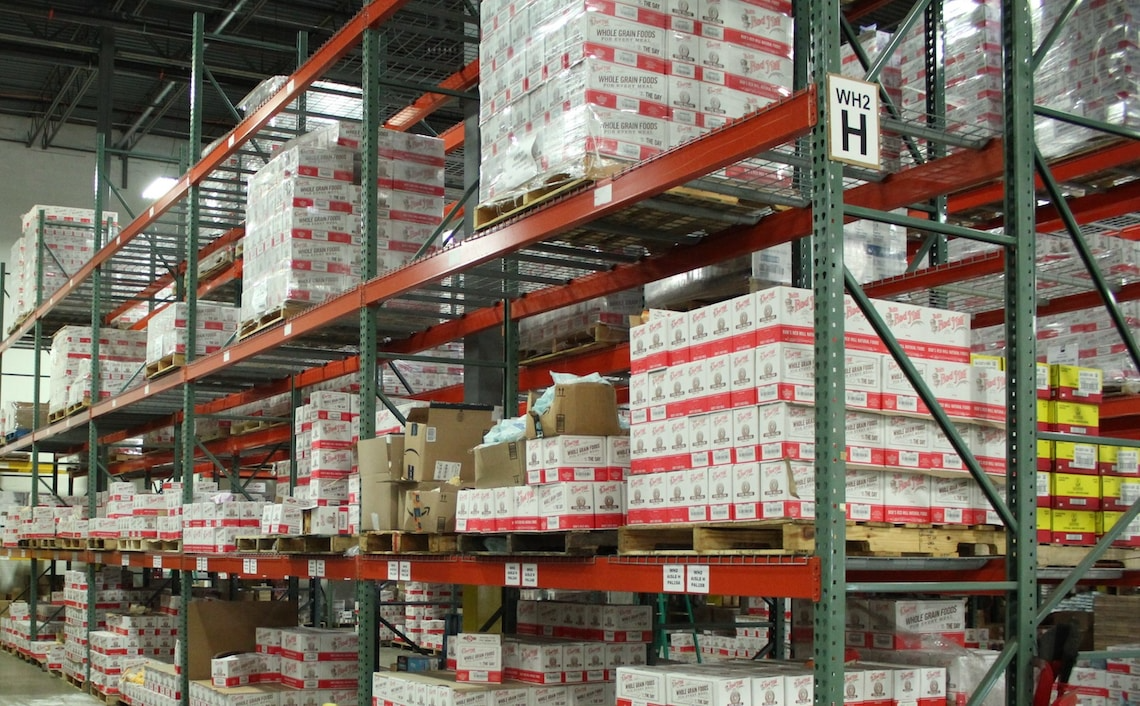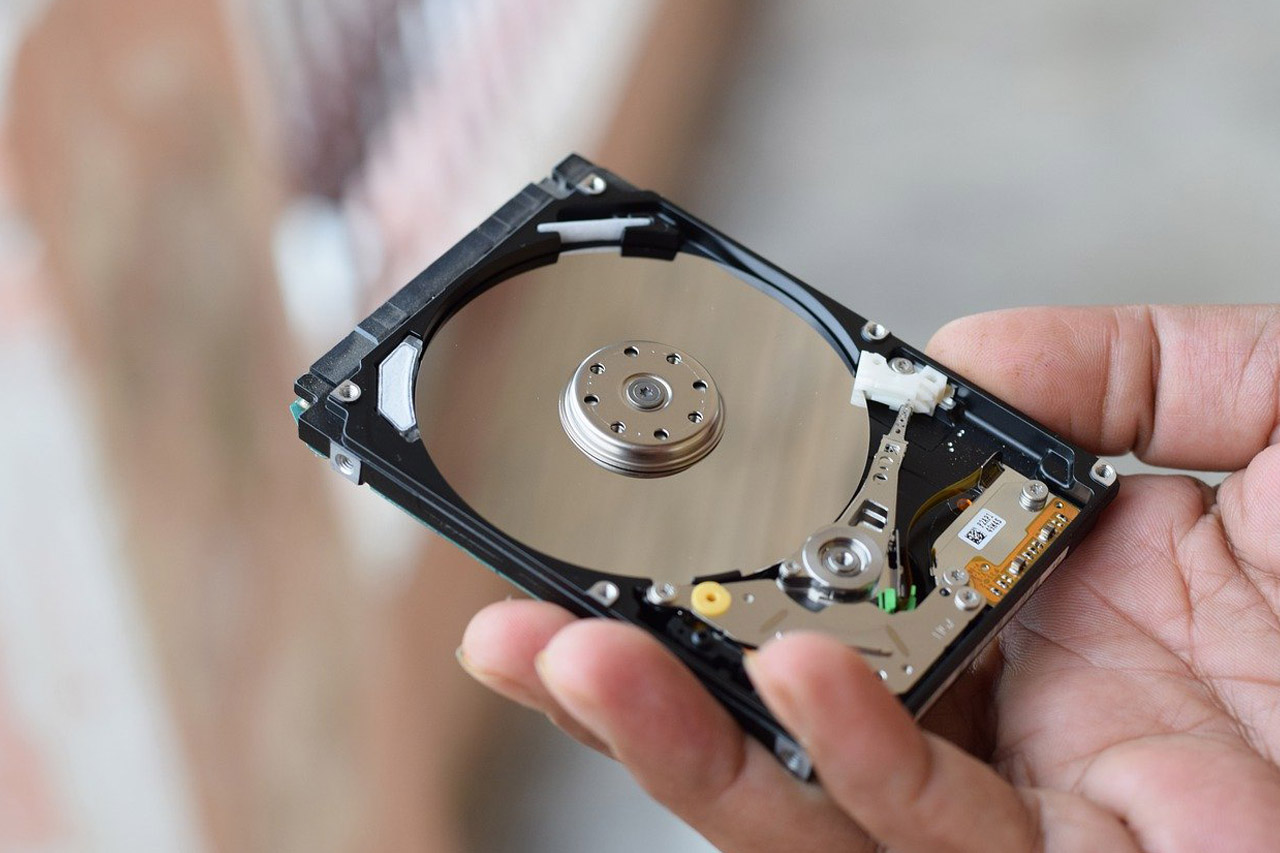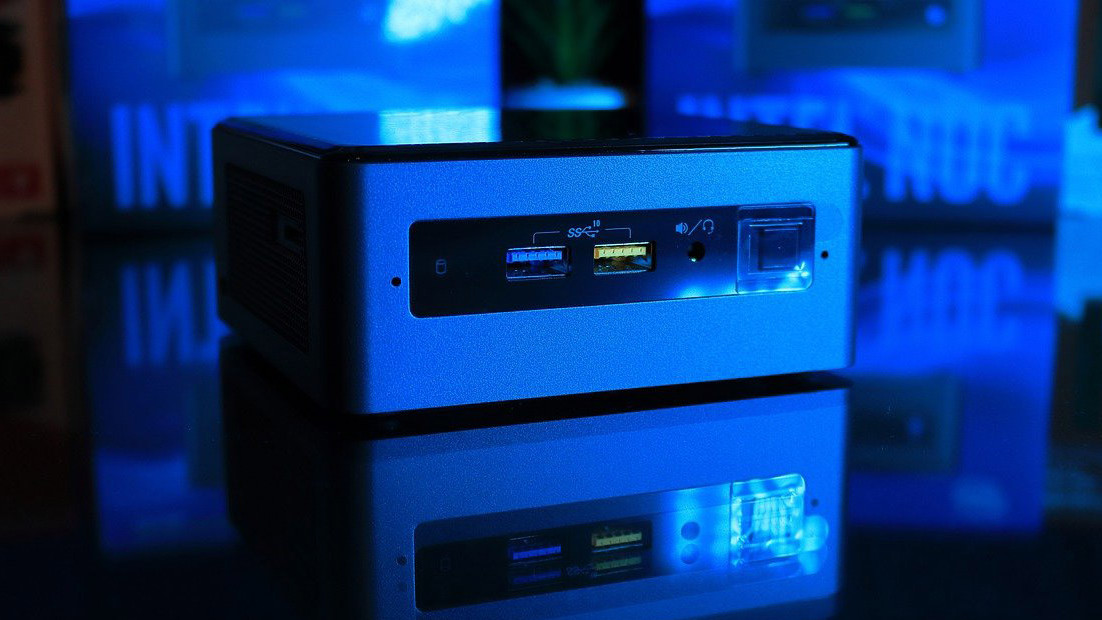SSD, Get to Know Its Advantages Compared to HDD
SSDs are a new generation of computer storage devices. SSDs are substantially quicker than HDDs in general. SSDs are a form of computer storage that offers several benefits.
SSDs have begun to replace traditional hard drives in recent years, particularly in laptops. On the most recent laptops, the SSD serves as the primary boot disk. SSD is a more sophisticated variant of HDD.
One of the greatest methods to speed up a laptop or computer is to upgrade to an SSD. If you're in the market for a new laptop, an SSD is an important feature to consider.
Solid state drive is abbreviated as SSD. It is so-called because it employs solid-state technologies. SSDs are a newer, more sophisticated type of hard disk used as a storage medium in computers. This means that the storage media does not have a disk, but rather an IC as a place to store data.
SSDs access and send data quicker than traditional hard disks because they have no moving components. SSD is a non-volatile memory storage technology that is quicker than HDD. SSDs, as opposed to traditional hard disk drives (HDDs), contain no moving elements, such as spinning disk or access arms that travel around the disk.
SSDs have the same fundamental functionality as HDDs. SSDs have the benefit of storing data on linked flash memory chips that can save data even when there is no electricity flowing through them.
SSDs employ flash-based memory, which is substantially quicker than mechanical hard discs. All data in an SSD is stored on an integrated circuit. SSDs are often more costly per GB of storage than HDDs.
SSDs are frequently substantially smaller than HDDs, giving manufacturers more leeway in constructing PCs. SSDs, which do not require spinning discs, can be as small as a bit of gum or a postage stamp. Because of its changeable capacity, it is suitable for smaller devices.
The big problem with moving parts in hard drives is that they are a significant point of failure. If one of the moving parts is damaged, the entire drive becomes unusable. SSDs have no moving parts. This reliability makes SSDs great for portable external hard disks. SSDs have lifespan limitations, but are generally more durable and reliable.
SSD is a driver that can write or read data at incredible speeds compared to HDD. It is even useful for transferring large blocks of data. More importantly, their random access times are in microseconds rather than milliseconds. That's why SSD systems boot so quickly, games load so quickly, and systems based on SSD technology feel fast and responsive.
SSDs are smaller and lighter than earlier generations of discs. Because to such developments, ultra-thin computers, tablets, and mobile gadgets are now conceivable. The thinnest SSDs are millimetres broad and a few inches long, making them perfect for ultra-compact high-speed devices.





